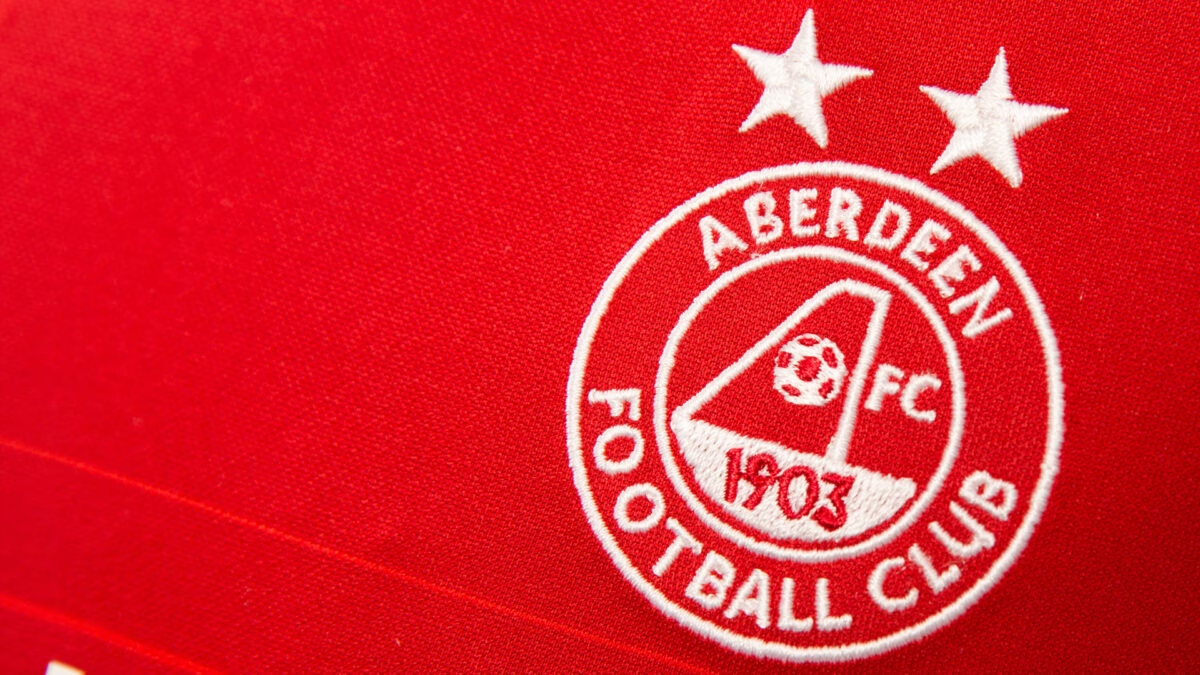News

Chris Crighton
sports personality of the year
As it disappears into a middle-class abyss of self-congratulation, diluted by the interference of very occasional sports viewers who can’t decide whether to vote for “Jess” or “Mo” – a proper fan knows than anybody who refers to athletes primarily by their first names knows absolutely nothing about sport and deserve to have their opinions instantly discounted – the increasingly frothy BBC Sports Personality Of The Year contest is these days good for only one thing: perpetuating debate about sexism in sport.
In its truest sense, sexism does not exist in elite sport outside of those few remaining crusty, staid golf clubs. Neither gender is forced to compete against those who they are physically incapable of beating. That women’s professional sport, generally, attracts smaller audiences is not of itself sexist. I do not watch women’s football for the same reasons that I do not watch Stoke City: the results don’t affect the team I support, and the quality of matches is not sufficient to sustain my attention as a neutral. I respect their abilities and efforts as much as those of any other sportsperson, I merely choose not to watch it. That’s no more sexist than it is Stokeist.
So the furore over the all-male shortlist for the 2011 BBC award was an utter straw man – should that be straw woman – for it was patently obvious that those female competitors ‘overlooked’ were omitted not because they were women but because they play minority sports (that is a completely different, if equally meritorious, argument). Keri Anne Payne and Chrissie Wellington may not have been nominated but neither have any male open-water swimmers or ironman athletes, ever. It is ironic that the over-compensation which resulted has, in fact, produced a far more overtly sexist outcome in 2012.
Of course everybody was happy to see Jessica Ennis winning the Olympic heptathlon. Well done. But in a year of such unprecedented UK sporting success, it is frankly ludicrous to suggest that winning one medal, in a niche event, as the heavy odds-on pre-tournament favourite, is the second-best achievement of the year. It pales into insignificance against the remarkable, momentous victories of David Weir, Mo Farah, Andy Murray, Nicola Adams, and many not shortlisted like Jade Jones, Johnny Peacock and Greg Rutherford. The clear key to Ennis’s voting popularity could be found in the avalanche of Twitter traffic heralding her runner-up trophy, the vast majority of which centred around two topics: her dress; and the posterior contents thereof.
By contrast, in spite of the fact that he spends his professional life encased in lycra with his derriere stuck up in the air, there was conspicuously little praise for the toned tush of winner Bradley Wiggins. Nary a mention of the baggy-shorted bottom of third-placed Murray. Ennis is so widely liked and garnered so many votes – from both sexes – because she is a pretty lady. Fine, if that’s what you want to base your vote on then fire away. But you can’t have it both ways. You can’t say it’s sexist when obscure female competitors go unnoticed “because they’re women”, then celebrate one’s recognition because she’s so lovely and has a nice bum.
The absence of sexism would have been exemplified not by cramming the list with ladies but by doing them the service of judging their sporting deeds solely and entirely upon their own athletic merit rather than who they are and what they look like. There were many credible female candidates among the 2012 selection; the feminist choice would have been, for the significance of the gender obstacles overcome and the opinion shift she precipitated, Adams, whose participation in sporting history should, as far as I’m concerned, have seen her place in or near the top three. Instead, Britain strikes a blow against sexism by voting in droves for the woman with the shortest shorts. Emmeline Pankhurst would be awfully proud.
